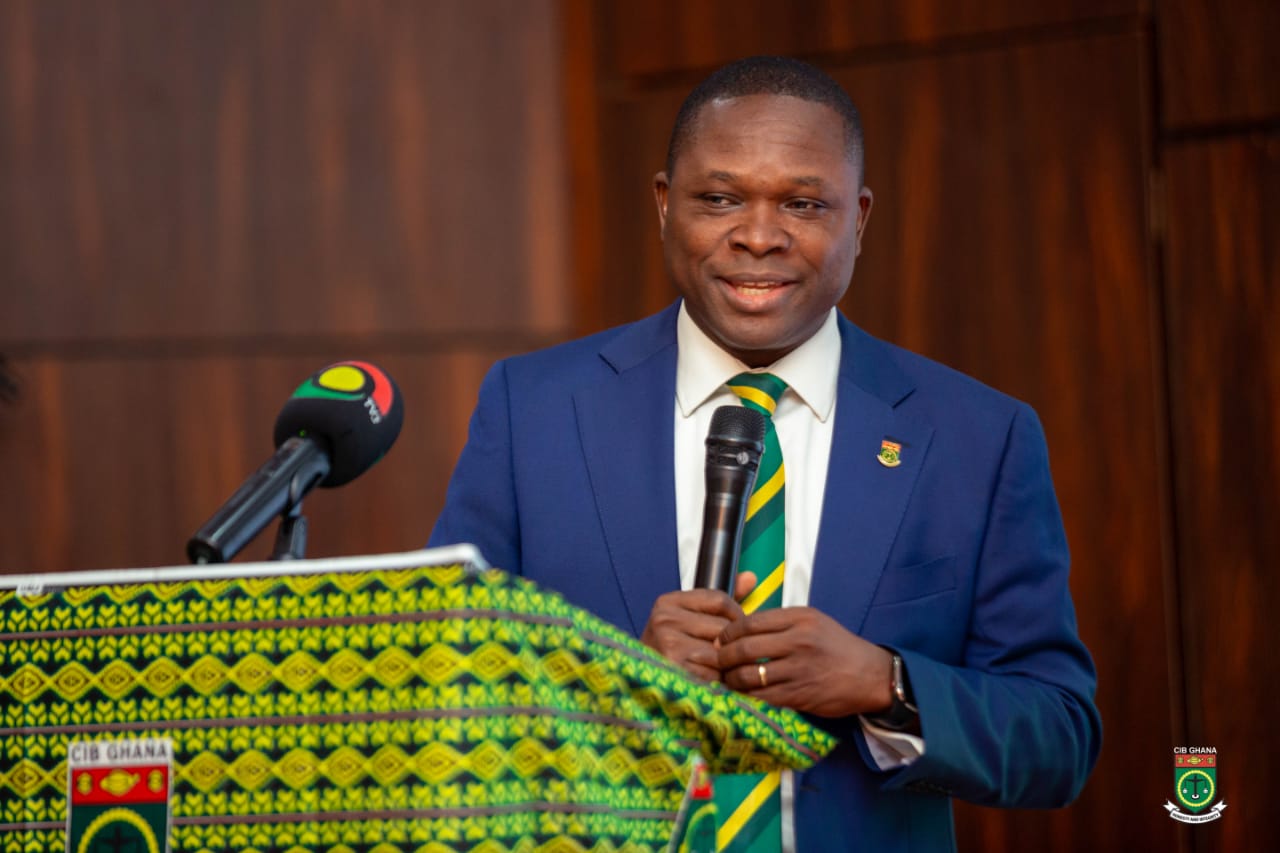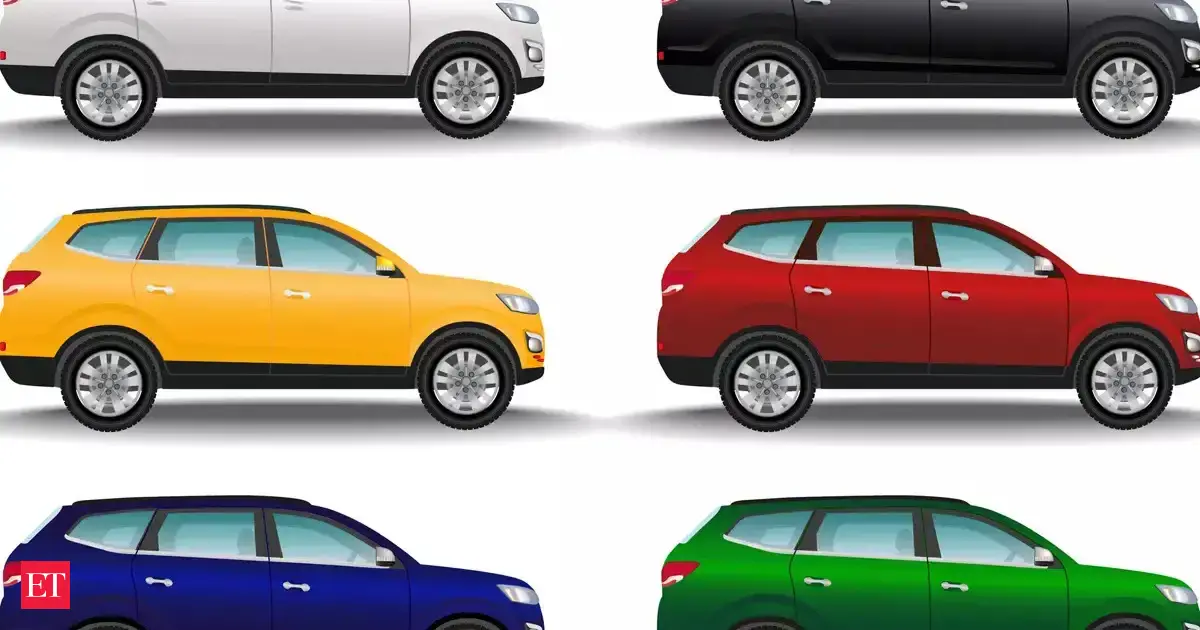Copyright asaaseradio

The Chartered Institute of Bankers (CIB) Ghana has hosted a highly engaging thought leadership webinar on ‘Non-Interest Banking and Finance: A Pathway to Ethical Banking and Inclusive Growth’, attracting over 400 participants from Ghana, Nigeria, and other parts of Africa. The session, held on Tuesday, November 4, 2025, brought together key industry leaders, regulators, and financial practitioners to explore the prospects of non-interest banking and finance in Ghana’s evolving financial landscape. Moderated by Mr. Robert Dzato, Chief Executive Officer of CIB Ghana, the webinar featured a distinguished panel including Prof. John Gatsi, Advisor to the Governor on Non-Interest Banking and Finance, Bank of Ghana; Dr. Shaibu Ali, Director-General, Islamic Finance Research Institute of Ghana and Mr. Attahiru M. Maccido, Managing Director/CEO, One 17 Capital Ltd, Nigeria. The others were Mr. Sina-Kamagate, Executive Head, Retail Banking, GCB Bank PLC and Mr. Kwame Abbey, Deputy Managing Director, Société Générale Ghana. Regulator’s secular, controlled rollout In his presentation, Prof. John Gatsi reaffirmed the Bank of Ghana’s commitment to a secular and neutral approach to non-interest banking. “We are deploying this within a secular economy, and therefore there are rules to ensure that the market remains neutral,” he said, explaining that the Bank of Ghana will begin implementation on a phased basis, initially excluding microfinance, rural, and community banks. “The goal is to start well, have control, and manage the process before escalating,” he added. Prof. Gatsi revealed that two types of licenses will be introduced, a window license for conventional banks interested in offering non-interest products, and a full non-interest banking license for institutions that will operate exclusively under non-interest principles. Nigeria’s experience offers guidance Drawing from Nigeria’s experience, Mr. Attahiru M. Maccido, MD/CEO of One 17 Capital Ltd, said Ghana’s measured approach was prudent and well-timed. He noted that Nigeria’s own non-interest banking sector, anchored by institutions such as Jaiz Bank and TAJBank, had faced early skepticism but has since demonstrated strong performance and resilience. “Nigeria’s experience shows that non-interest banking can thrive within a secular regulatory framework when guided by strong governance and public education,” Mr. Maccido explained. “The key is to build credibility, ensure transparency, and continuously educate both bankers and customers on the principles of risk sharing and ethical finance.” He added that non-interest finance models could help Ghana mobilize patient capital for long-term sectors such as infrastructure, agriculture, and small business development. “It is not just an alternative form of finance, it is a tool for inclusive growth and financial stability,” he said. Ethics, awareness and market demand Dr. Shaibu Ali, Director-General of the Islamic Finance Research Institute of Ghana, emphasized that non-interest banking is not merely about removing interest but about redefining financial ethics. “Every transaction must have an underlying asset, and speculative or unethical activities are strictly prohibited,” he said. Citing recent research, Dr. Ali observed that while 71 percent of Ghanaians are aware of non-interest banking, fewer than 30 percent fully understand how it works, highlighting the need for capacity building and professional certification. Bankers see inclusion and ESG opportunities From the commercial banking perspective, Mr. Sina-Kamagate of GCB Bank PLC pointed out that demand already exists for ethical and interest-free products. “We have customers who decline interest payments on their accounts. Offering non-interest banking services will expand inclusion and cater to these customers’ values,” he said. Mr. Kwame Abbey, Deputy Managing Director of Société Générale Ghana, highlighted six key opportunity areas: retail inclusion, SME and agricultural finance, infrastructure funding through Sukuk, ethical and ESG-linked finance, digital innovation, and capacity development. He stressed that non-interest banking aligns closely with sustainable finance and could attract new investment flows into Ghana’s economy. “Non-interest finance prohibits speculative activities and encourages real-asset linkages, which fit perfectly with global ESG priorities,” Mr. Abbey noted. CIB’s commitment to professional excellence In his remarks, Mr. Robert Dzato, CEO of CIB Ghana, thanked participants and reiterated the Institute’s commitment to professional development and ethical banking standards. “CIB Ghana will continue to champion thought leadership and capacity building as the industry embraces emerging trends such as non-interest banking,” he said. “This conversation is a crucial step toward a more inclusive and ethically grounded financial system.” He emphasized CIB Ghana’s crucial role in shaping the future of non-interest banking in the country. He announced that the Institute will lead in developing capacity-building programmes to deepen understanding of the concept among practitioners and regulators. “As part of our ongoing commitment to professional excellence and ethical standards, CIB Ghana will be at the forefront of non-interest banking capacity building,” Mr. Dzato stated. “We are pleased to announce that a new certification programme on Non-Interest Banking will be launched as part of our 2025 Bankers’ Week celebration.” The event formed part of activities marking the 2025 Bankers’ Week Celebration, organized under the theme “Building Future-Ready Banks: Ethical Leadership, Sustainable Finance and Currency Stability.” About CIB Ghana The Chartered Institute of Bankers (CIB) Ghana is the professional body for the banking and financial services industry. Guided by the values of Honesty and Integrity, the Institute is dedicated to developing competent, ethical, and professional bankers who contribute to the growth and stability of Ghana’s financial system. Asaase Broadcasting Company airs on Asaase 99.5 Accra, Asaase 98.5 Kumasi, Asaase 99.7 Tamale, Asaase 100.3 Cape Coast, AsaasePa 107.3 (Accra). Affiliates: Bawku FM 101.5, Bead FM 99.9 (Bimbilla), Mining City Radio 89.5 (Tarkwa), Nandom FM 101.9, Nyatefe Radio 94.5 (Dzodze), Sissala Radio 96.3 (Tumu), Somuaa FM 89.9 (Gushegu), Stone City 90.7 (Ho) and Wale FM 106.9 (Walewale). Listen online: asaaseradio.com, Sound Garden and TuneIn. X: @asaaseradio995, @Asaase985ksi, @Asaase997tamale, @asaase1003, asaasepa1073 Instagram: asaaseradio99.5, asaase985ksi, asaase100.3, asaase99.7tamale, asaasepa107.3 LinkedIn: company/asaaseradio995. TikTok: @asaaseradio99.5 Facebook: asaase99.5, asaase985ksi, Asaase100.3, asaase99.7, AsaasePa107.3. YouTube: AsaaseRadioXtra. Join the conversation. Accra: call 020 000 9951/054 888 8995, WhatsApp 020 000 0995. Kumasi: call 059 415 7985 or call/WhatsApp 020 631 5260. Tamale: call/WhatsApp/SMS 053 554 6468. Cape Coast: call/WhatsApp 059 388 2652. #AsaaseRadio #TheVoiceofOurLand



